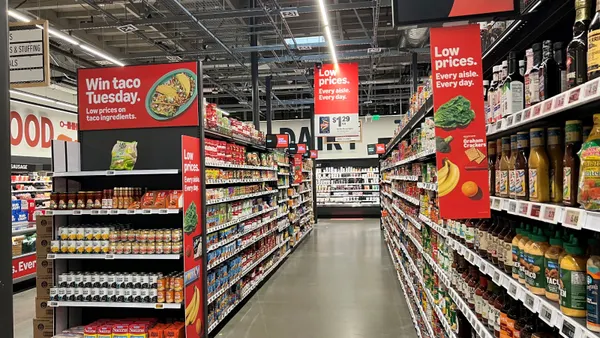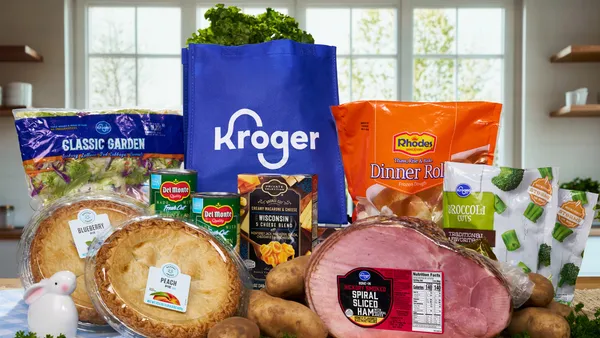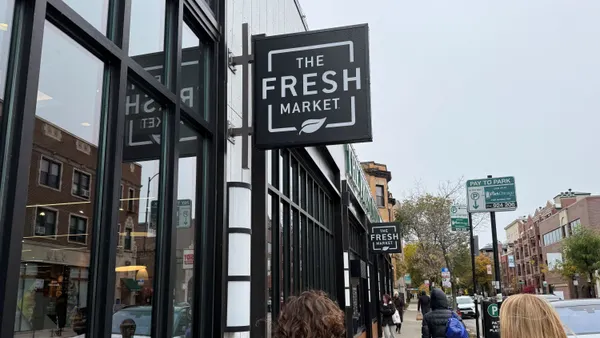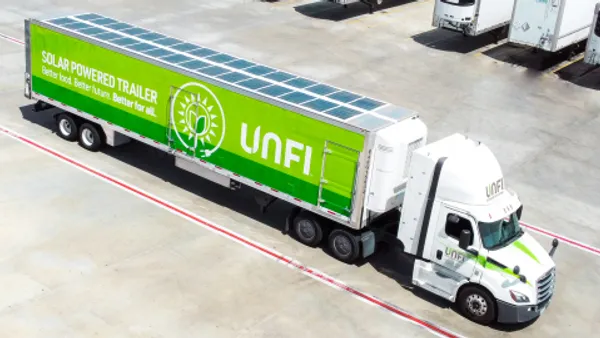Dive Brief:
- Lidl announced Tuesday it will install new air filtration systems aimed at stemming the spread of the novel coronavirus in all of its U.S. stores by the end of this year.
- The filters, which are rated MERV 13 or higher, are typically found in hospitals and can help remove virus-containing droplets from the air, the grocer announced. Lidl previously used advanced commercially rated MERV air filtration systems in its stores.
- The discounter’s new precautionary measure comes as grocers continue to adapt to safety protocols and face the prospect of elevated COVID-19 infections during the fall and winter months.
Dive Insight:
Earlier this month, the Centers for Disease Control and Prevention revised its coronavirus guidelines to note that airborne droplets, which “can linger in the air for minutes to hours,” pose a transmission risk. While this is not the primary way the virus spreads, the CDC noted lingering aerosols play a role in spreading COVID-19 and can travel beyond the 6-foot range widely cited as a minimum barrier for social distancing.
“These transmissions occurred within enclosed spaces that had inadequate ventilation,” the agency noted in its updated guidance.
Lidl called out these updated guidelines in its announcement Tuesday and noted that epidemiologists and health organizations recommend using advanced air filtration systems “wherever technically feasible” to trap airborne particles.
Retailers have implemented numerous safety measures inside their stores in recent months and have adjusted according to health guidelines and consumer feedback. Over the summer, grocers began requiring shoppers to wear masks, adding to protocols that included installing plexiglass barriers at checkout, implementing store capacity limits and closing down self-service stations and restaurants. Measures have varied according to virus transmission rates, while measures like one-way aisles, which were never closely followed or enforced, are starting to phase out.
While advanced air filters like those graded MERV 13 aren’t widely used among retailers, they’re being installed by operators in industries that have struggled to draw in customers concerned about safety, like restaurants and movie theaters.
In a recent interview, Marissa Baker, an assistant professor at the University of Washington's Department of Environmental and Occupational Health Sciences who is currently evaluating grocery store safety protocols as part of a forthcoming study, said she wouldn’t be surprised to see more retailers add advanced air filtration to their stores.
“I see that as something that can be an expensive investment but that can really help with moving air through and stopping some virus transmission. It's kind of the same as having windows open and doors open,” she said.










